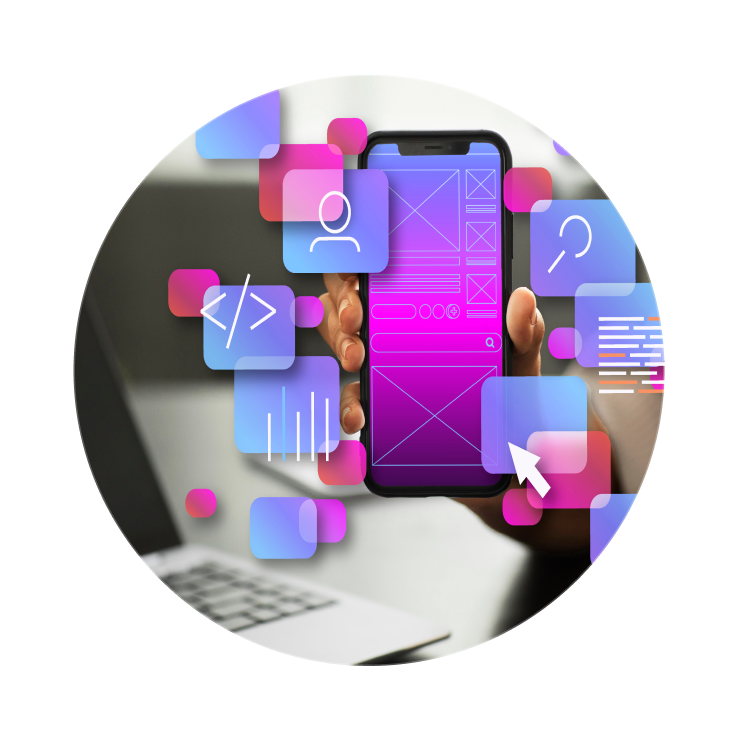Android powers over 70% of smartphones globally, making Android development one of the most rewarding and in-demand skills today. If you’re excited about building apps that can reach millions, you’re probably wondering: Where should I start learning Android development?
The good news is — you don’t need to feel overwhelmed. Here’s a clear roadmap to help you start your Android development journey step-by-step.
1. Understand the Basics of Programming
Before jumping into Android-specific topics, you should have a solid understanding of basic programming concepts like:
-
Variables and data types
-
Loops and conditionals
-
Functions and classes
-
Object-Oriented Programming (OOP)
Which language should you learn?
-
Kotlin is now the official preferred language for Android development, recommended by Google.
-
Java is also widely used and has a massive library of resources and tutorials.
If you’re new to programming, start with Kotlin because it’s modern, easy to learn, and designed with fewer errors in mind.
2. Learn the Fundamentals of Android Development
Once you’re comfortable with programming basics, dive into core Android concepts:
-
Android Studio Setup: Install and learn how to use Android Studio, the official IDE.
-
Activities and Fragments: Understand how screens and UI components work.
-
Layouts and Views: Learn XML for designing user interfaces.
-
Intents and Navigation: Learn how to move between screens.
-
Data Storage: Explore Shared Preferences, Room database, and SQLite.
Tip: Google’s official Android Developer website and free courses are a great place to start.
3. Build Real Projects Early
Reading theory alone isn’t enough. The fastest way to learn is by building small apps:
-
Create a basic calculator.
-
Build a simple to-do list.
-
Make a weather app fetching real-time data.
This helps you understand how different components of Android come together in a real project.
4. Take Online Courses
Structured courses can save you a lot of time. Some excellent beginner-friendly options include:
-
Google’s Android Developer Courses (free on Android Developers website)
-
Udemy: Courses like “The Complete Android App Developer Bootcamp”
-
Coursera: “Android App Development Specialization” by Vanderbilt University
-
YouTube: Channels like CodeWithHarry, freeCodeCamp, and Android Developers.
Tip: Look for courses updated for Android Studio latest versions and that focus on Kotlin.
5. Learn About Modern Android Development Tools
Today, Android development isn’t just about building an app — it’s about building efficient, scalable, and beautiful apps. You should gradually learn:
-
Jetpack Compose (Modern toolkit for building UI)
-
MVVM Architecture (Clean app architecture)
-
Firebase (Backend services like authentication, databases, cloud messaging)
-
Git and GitHub (Version control for your projects)
Don’t rush — master the basics first, and slowly introduce these tools as you build confidence.
6. Join a Developer Community
Learning Android development can sometimes get tricky. Being part of a community will help you:
-
Get your doubts cleared faster
-
Stay motivated by seeing other people’s projects
-
Get job and freelancing tips
You can join:
-
Reddit communities (like r/androiddev)
-
Stack Overflow
-
Discord groups
-
Local or virtual meetups
7. Practice, Practice, Practice!
Like anything else, becoming good at Android development comes down to consistent practice.
-
Contribute to open-source projects.
-
Try building clones of popular apps like Instagram, Twitter, etc.
-
Participate in hackathons and coding challenges.
Final Words
Starting Android development can feel overwhelming at first, but if you take it step-by-step — learning programming basics, understanding Android core concepts, building real projects, and practicing regularly — you’ll be on your way to becoming a skilled Android developer.

